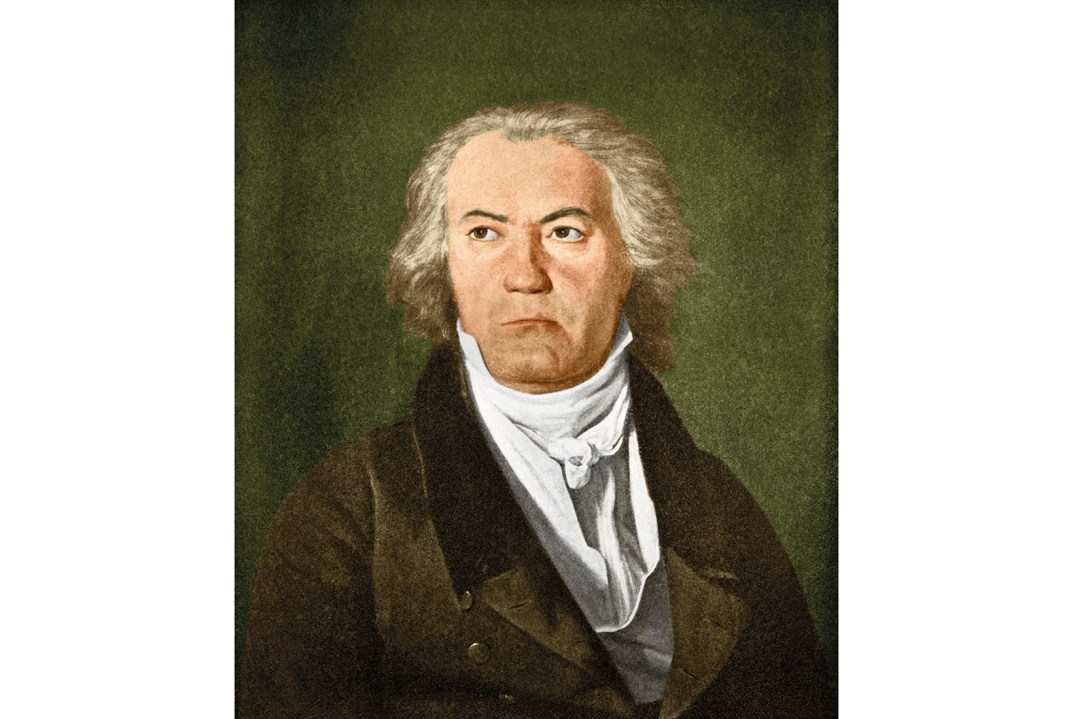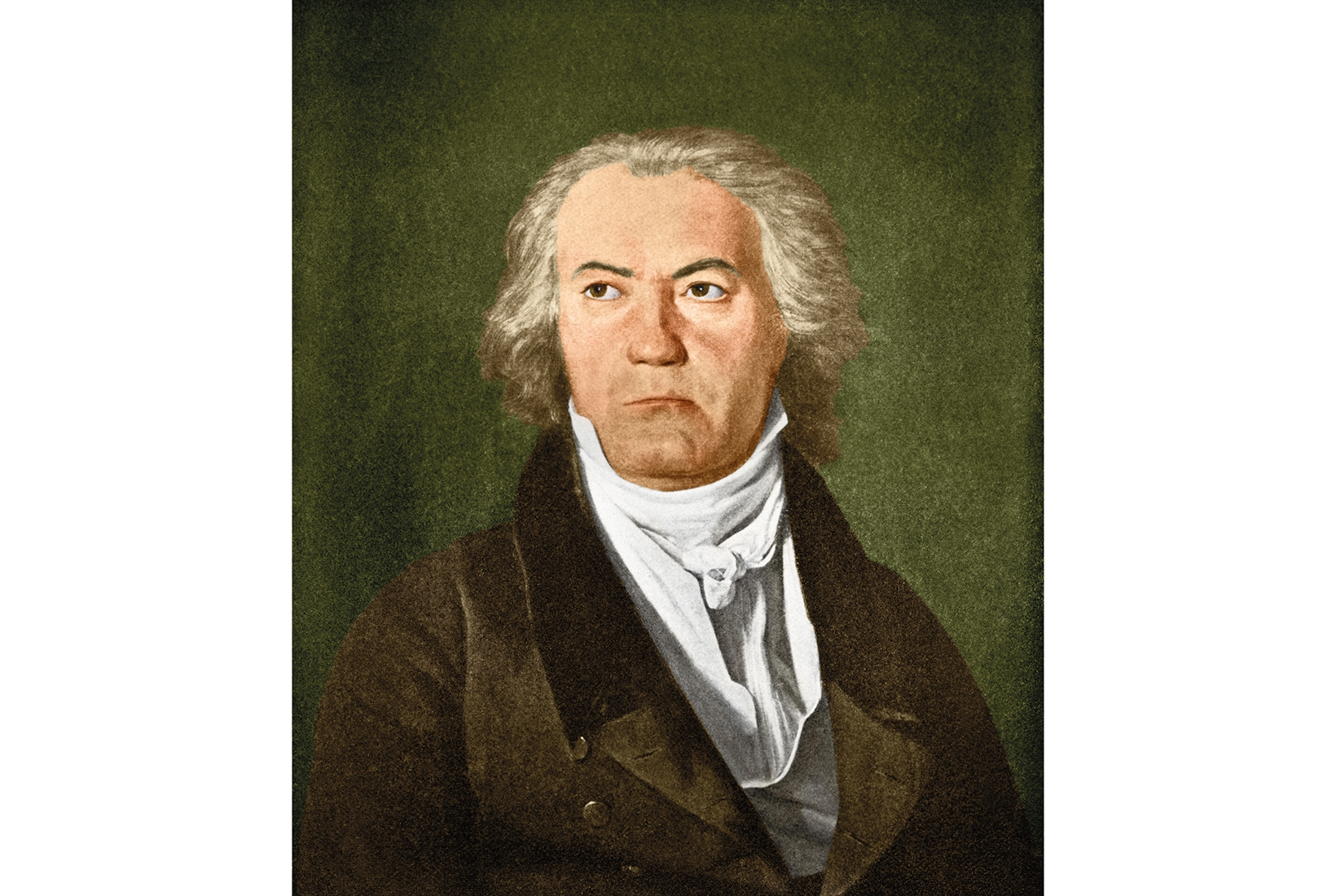Musicology may appear an esoteric profession. But several events in the past few years have pushed musicological debates into the columns of national newspapers, from the American academic who claimed that music theory was a ‘racial ideology’ and should be dismantled, to the Oxford professor who allegedly suggested that studying ‘white European music’ caused ‘students of colour great distress’, to the high-profile resignation of a professor at Royal Holloway, University of London, reportedly in response to academic ‘cancel culture’.
These disputes have not emerged from nowhere. They are the result of longer processes that have forced serious questions about the very place of music, and above all the Western classical tradition, in Anglophone education.
Music theory has existed in Western universities since the Middle Ages, but the term ‘musicology’ dates from the late 19th century. It refers broadly to the academic study of music, which can encompass areas such as music history, theory, analysis, the study of global musics, acoustics, and more. This type of study, practised in universities, is distinct from that traditionally offered by conservatoires, which focus on high-level professional training on an instrument or voice.
Western classical music long held a central place in university music departments, though from the beginning of the discipline musicologists also investigated folk and vernacular traditions and their social and cultural contexts. But three historical developments underpin the current situation. One of these was the growth of British ‘cultural studies’ from the 1970s onwards, and work from this field mostly on popular musics. Often undertaken by those without specialised musical skills, this study concentrated on the social position of music, associated imagery, fashion, etc., while the sounds it made were frequently a secondary or minimum concern.
Another came from the rise in importance of ethnomusicology, a discipline that developed in the 1950s out of vergleichende Musikwissenschaft, the comparative study of global musics, which had added immensely to the knowledge of these in the West.








Comments
Join the debate for just £1 a month
Be part of the conversation with other Spectator readers by getting your first three months for £3.
UNLOCK ACCESS Just £1 a monthAlready a subscriber? Log in